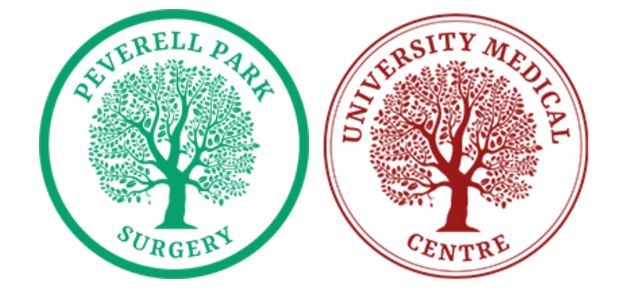Extenuating Circumstances
Plymouth University’s policies on extenuating circumstances for students during examinations. Find out more
Student Wellbeing Services
Support for disabled students
Help with study support requirements for students who have a disability. Find out more
Student Depression
Students Against Depression provides you with a calm environment and the resources to help you find a way forward – a website offering advice, information and guidance to those affected by low mood, depression and suicidal thinking. Find out more
Help with Obsessive Compulsive Disorder (OCD)
We provide support and information to anybody affected by OCD, work to raise awareness of the disorder amongst the public and front-line healthcare workers, and strive to secure a better deal for people with OCD. OCD Action is recognised as a strong voice for people with OCD, a vital source of help and the Charity that makes a real and lasting difference to anyone affected by OCD. Find out more
Obsessive compulsive disorder (OCD) is a mental health condition where a person has obsessive thoughts and compulsive activity. An obsession is an unwanted and unpleasant thought, image or urge that repeatedly enters a person’s mind, causing feelings of anxiety, disgust or unease. A compulsion is a repetitive behaviour or mental act that someone feels they need to carry out to try to temporarily relieve the unpleasant feelings brought on by the obsessive thought. Find out more
Self Help Courses
Cognitive Behaviour Therapy (CBT) has been proven to help mental health problems. This website provides CBT self help and therapy resources, including worksheets and information sheets, plus videos and self help mp3s. Find out more
This self-help guide is intended for people with mild-to-moderate symptoms of depression. Find out more
This guide aims to help you:
» Find out if you could have symptoms of depression
» Understand more about depression
» Find ways to manage or overcome depression
This guide is based on Cognitive Behavioural Therapy (CBT). CBT helps you to examine how you think about your life, and challenges negative automatic thoughts to free yourself from unhelpful thought and behaviour patterns.
So many people suffer with mental health illness and now, although we live in a society where freedom of speech is promoted and people’s thoughts, lives, everything about them appears to be out there for all to see, many are still secretly struggling. Find out more
While many improvements have been made in the field of Mental Health it remains a subject a lot of people shy away from. Both sufferers and carers can suffer in silence often not recognising the signs and symptoms or not knowing where to get the right help. It can seem like a minefield of info out there with the mental health system still old fashioned in many ways with the focus on medication, long waiting lists and limited help for both sufferers and carers.
This guide aims to help you to:
» Find out if you have symptoms of anxiety
» Understand more about anxiety
» Find ways to manage or overcome anxiety
There are a number of conditions that have anxiety as a symptom, or have anxiety in the name – like social anxiety, social phobia, and obsessive-compulsive disorder (OCD). This guide is designed to help with general anxiety symptoms. Find out more


